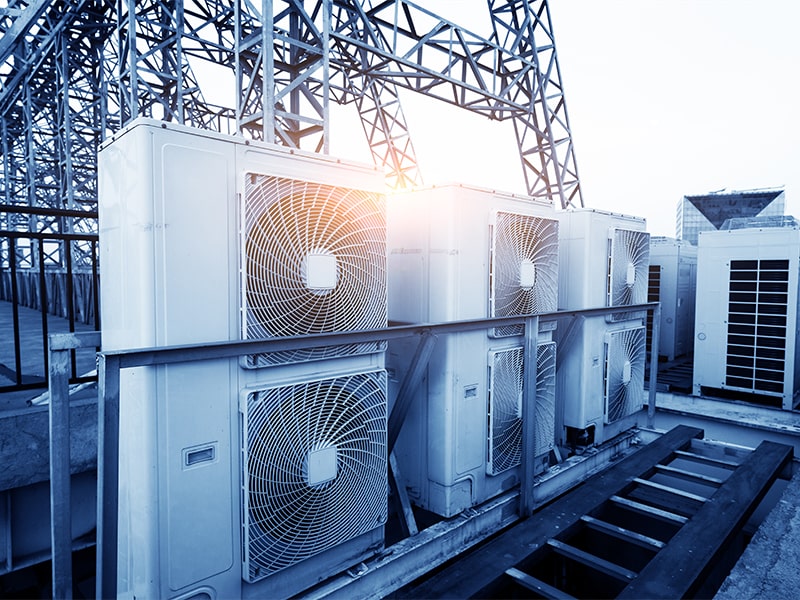Today’s systems are developed to satisfy more stringent environmental, interior air top quality and customer needs. A number of the gains in HVAC system effectiveness have actually come as the result of renovations in the operating effectiveness of essential system components. Various other gains are the result of using innovations that are either brand-new, or new to the HEATING AND COOLING area. Also making use of computer-aided design devices have actually assisted system designers style A/C systems that do more effectively.
Although there are several private breakthroughs that have aided to enhance HVAC system operating effectiveness, a lot of the total enhancement can be attributed to five crucial factors:
The development of reduced kW/ton refrigerators;Using high-efficiency boiler control systems;The application of direct digital control (DDC) systems;Making use of energy-efficient motors; and also,The matching of variable frequency drives to pump, fan and also chiller electric motors.
For many years, structure owners were satisfied with the efficiency and also performances of chillers that ran in the variety of 0.8 to 0.9 kW/ton when new. As they age, real operating effectiveness are up to more than 1.0 kW/ton at full tons.
Today, new chillers are being mounted with full load-rated efficiencies of 0.50 kW/ton, a close to half increase. Similarly excellent are the part-load performances of the brand-new generation of chillers. Although the running performance of almost all older chillers rapidly falls off with lowered tons, the running efficiency of new chillers does not drop off almost as rapidly.
Chiller design modifications
Numerous design and also operation adjustments have actually assisted boost refrigerator efficiency. To improve the heat transfer characteristics of the refrigerators, suppliers have actually raised the size of the devices’ warm exchangers. Electromechanical control systems have been replaced by microprocessor-based digital controls that offer greater precision, integrity and also versatility. Variable regularity drives regulate the rate of the compressor, leading to a rise in part-load efficiency.

Boosted power efficiency is not the only advantage of the new generation of structure refrigerators; these chillers use better cooling agent containment. Although older refrigerators regularly might have lost 10 percent to 15 percent of the refrigerant fee annually, new chillers can restrict losses to less than 0.5 percent. Reduced leak prices and far better cleanup systems reduce the amount of non-condensable gasses discovered in the cooling agent system– a key factor in keeping refrigerator performance gradually.
Another considerable development remains in central heating boiler procedure: the substitute of pneumatic and also hand-operated controls with microprocessor-based systems. Generally of thumb, the systems can be expected to attain energy savings of 5 percent to 7 percent over conventional pneumatic-based systems.
Microprocessor-based control systems attain their financial savings largely as the outcome of their capability to modulate the boiler’s operation a lot more precisely than pneumatic-based systems. By modulating the boiler’s procedure precisely, the systems aid to preserve the appropriate fuel-to-air proportion and also track the lots positioned on the boiler by the HVAC system.
Microprocessor-based systems provide numerous extra advantages, consisting of remote monitoring as well as running capacities, automated control series, monitoring of steam circulation, and reduced upkeep costs. One means the systems can help in reducing upkeep expenses is through their capacity to preserve correct fuel-to-air ratio. By keeping the proper ratio, the systems decrease the price at which residue gathers on boiler tubes, thus decreasing the regularity of called for take apart as well as cleaning. Keeping the boiler tubes tidy of soot likewise assists to boost the thermal effectiveness of the central heating boiler.
